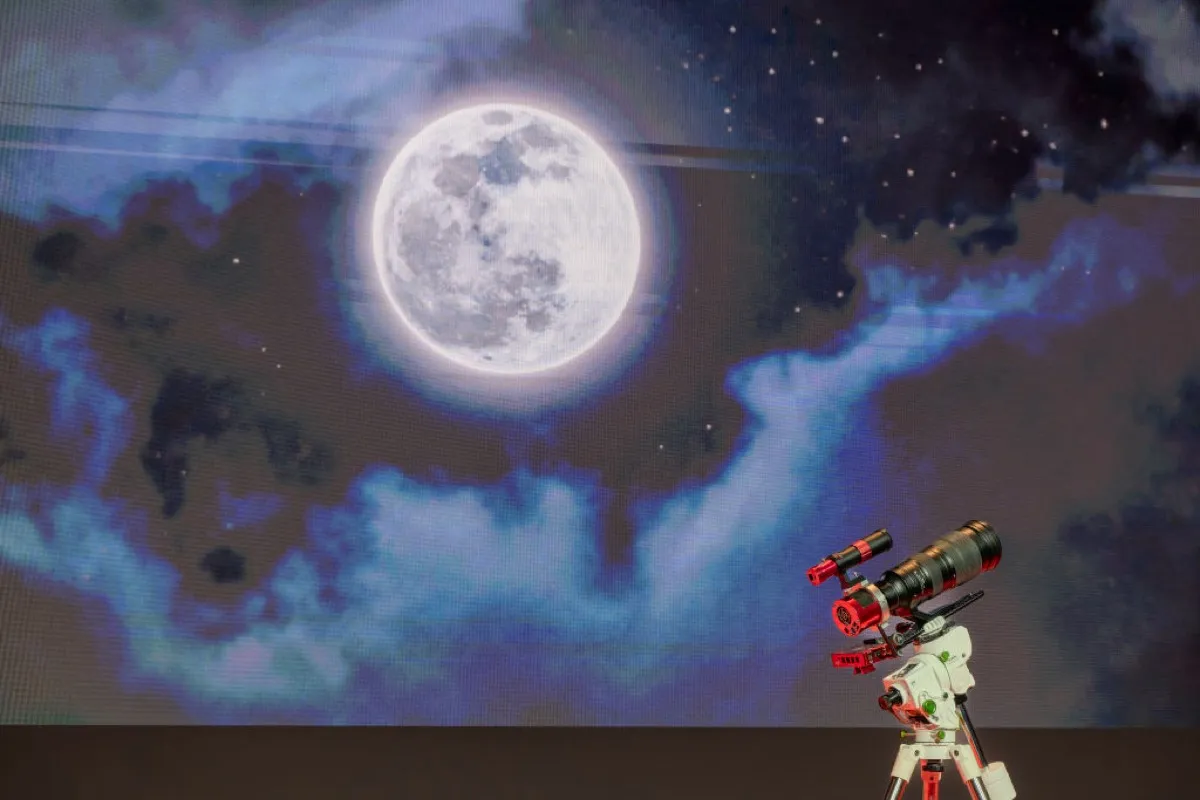Live streaming video by Ustream
[Update 7:20PM] We’ve updated this post with the proper Ustream channel.
[Update 7:34PM] The launch has been pushed back to 8:15 according to the official NASA Wallops Twitter account:
T-1 hour and counting. New launch time is 8:15 p.m. EST
— NASA Wallops (@NASA_Wallops) November 20, 2013
[Update 7:43PM] It appears the delay may be due to a boat off the coast of the Wallops Flight Center. This is based off radio chatter being made on the Ustream channel above.
You can watch the launch of the Minotaur 1 rocket, which will carry a record-setting 29 satellites into orbit, live tonight right here. Or, if you’re close enough to the East Coast of the United States and want to see some amazing science (who doesn’t?), you can go outside and watch it with your own eyes. We’ll tell you how.
The US military’s Operationally Responsive Space Office will launch the Minotaur rocket from NASA’s Wallops Flight Facility in Virginia at between 7:30PM and 9:15PM EST. The best area of visibility for the rocket extends along the coast from southern New Jersey to northern North Carolina according to visibility maps, where it will be visible 25 degrees above the horizon. That’s not to say you have to be in those areas to see it, as the total viewing area extends all the way from Florida to Canada and as far inland as Michigan.
The farther you are from the best viewing area, the lower the rocket will be on the horizon, but you should still be able to catch a pretty good show. If you want to measure how high the rocket is or will be in your area, the width of your first at arm’s length is a rough measure of ten degrees. Using the maps and a little estimation, you should be able to get a good idea of where to look to see some science tonight, and you can stay tuned to the live stream so you’ll know when the rocket has launched.
(via Space.com, image via NASA Goddard Photo and Video)
- The comet ISON is shaping up to put on a good show through January, as well
- NASA also launched MAVEN to Mars, and you can watch LeVar Burton tell you about it
- The Orion spacecraft will soon bring humans to Mars, which would be incredible








Published: Nov 19, 2013 01:19 pm